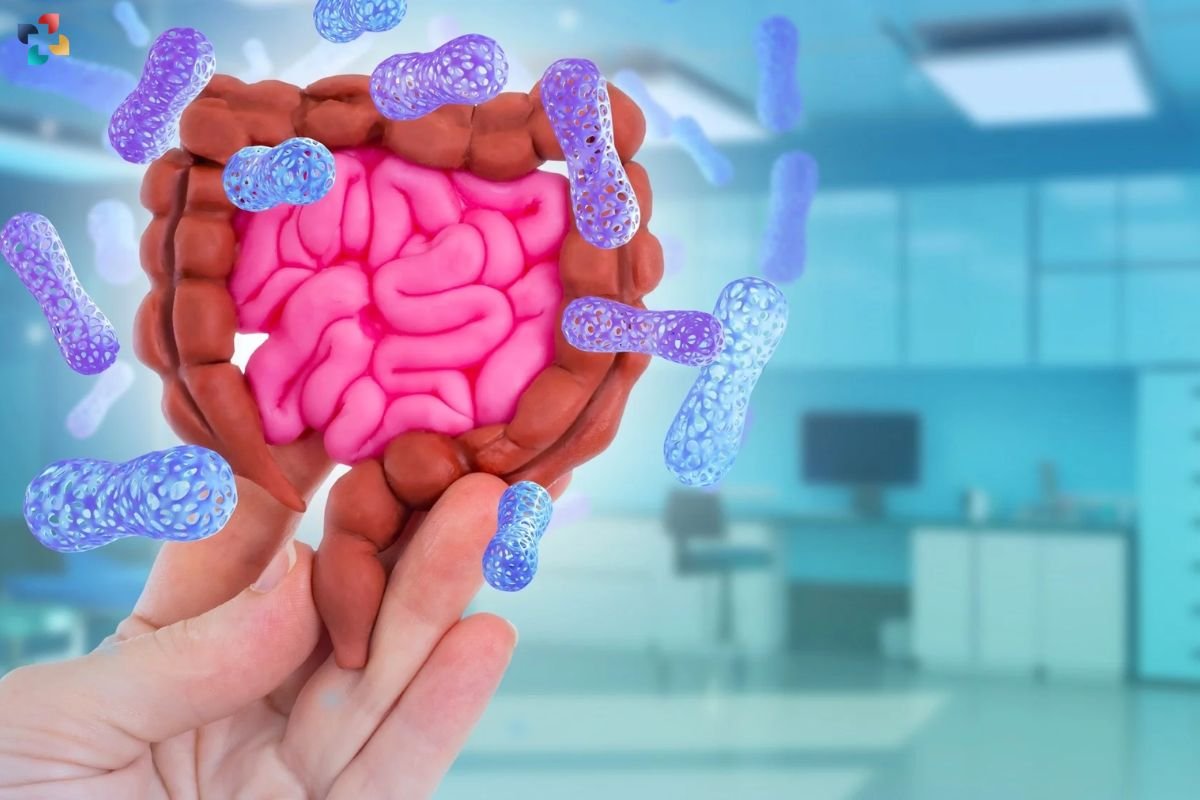Source – news-medical.net
Background: Evolution of Molecular Nutrition
In a recent review published in the journal Cell, researchers have explored significant advances in the field of molecular nutrition, focusing on how diet and pharmaceutical interventions influence energy balance and the gut microbiome in humans. The study highlights the evolution of molecular nutrition over the past five decades, transitioning from a focus on micronutrients to a more comprehensive approach involving macronutrients and dietary patterns, driven largely by the obesity epidemic.
The researchers emphasize the critical role of the gut microbiome in regulating energy metabolism and dietary responses, giving rise to the concept of precision nutrition. This approach customizes dietary recommendations based on individual genetic and microbiome profiles. Large-scale studies, such as the Personalized Responses to Dietary Composition Trial (PREDICT), illustrate the potential of incorporating microbiome data to enhance metabolic health outcomes. However, further validation is needed before precision nutrition can be widely integrated into clinical practice.
Emerging Dietary Interventions
Recent developments in dietary interventions have challenged traditional fat restriction guidelines, instead embracing diets with moderate to high fat intake. Notably, the Mediterranean diet (MD), which includes whole grains, legumes, fruits, vegetables, nuts, seeds, and olive oil, has shown multiple health benefits. These benefits include reductions in body weight, body mass index, blood pressure, low-density lipoprotein, triglycerides, insulin resistance, and inflammation, alongside lowered mortality and risks of type 2 diabetes and cancers. The MD achieves these outcomes through mechanisms such as lipid-lowering, protection against oxidative stress, and inhibition of nutrient-sensing pathways. Furthermore, the MD positively affects the gut microbiome by increasing fiber-degrading taxa and promoting beneficial metabolic phenotypes.
Another dietary approach, the ketogenic diet (KD), which is very low in carbohydrates and high in fat, offers slight weight loss and improved glycemic control. However, it also poses potential downsides such as cardiovascular risks, nutrient deficiencies, and harmful gut-bacterial metabolites. The KD uniquely alters the gut microbiota and can protect against seizures and autoimmune diseases in a microbiota-dependent manner.
Calorie restriction (CR), which involves reducing dietary intake while maintaining nutrition, has been shown to extend lifespan, improve healthspan, reduce fat, and enhance insulin sensitivity. These benefits are mediated by changes in the gut microbiota in mice, though human causal links remain unconfirmed. Intermittent fasting (IF) or time-restricted eating (TRE) limits the eating window, leading to weight and fat loss, better cardiovascular health, and improved glucose tolerance. IF/TRE also influences the gut microbiota and metabolic processes.
Novel Medications for Weight Loss
Given the limitations of dietary interventions for obesity, effective pharmaceuticals for weight loss have long been sought. Older drugs, such as fenfluramine/phentermine, had severe side effects, while alternatives like orlistat and phentermine/topiramate were limited by gastrointestinal issues. Recently, glucagon-like peptide-1 (GLP-1) receptor agonists, initially developed for type 2 diabetes (T2D), have shown promise in weight management by slowing gastric emptying and increasing satiety. These drugs can achieve up to 15% weight loss in people with T2D and obesity. However, the long-term efficacy and side effects of GLP-1 receptor agonists remain unclear, with significant variation in patient responses.
The gut microbiome, known to influence GLP-1 secretion, may contribute to these outcomes. Studies in mice suggest that GLP-1 agonists, such as liraglutide, can increase the counts of Akkermansia muciniphila, a bacterium associated with enhanced GLP-1 release. Nonetheless, these results vary based on the baseline gut microbiota, indicating the complexity of interactions between diet, microbiome, and pharmaceutical interventions.
In summary, recent advancements in molecular nutrition underscore the intricate relationship between diet, the gut microbiome, and metabolism. Emerging dietary patterns and novel medications offer promising avenues for managing energy balance and metabolic health, although further research is needed to fully understand and harness these interactions for clinical applications.







